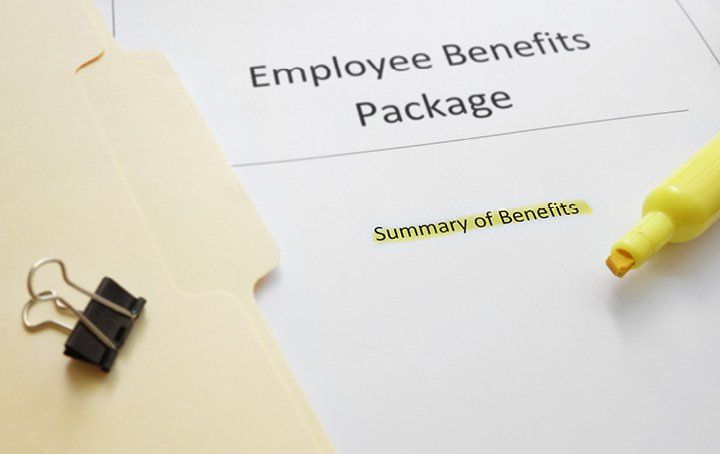Planning on going "back to school"? The costs can really add up, but the good news is that your course fees may be deductible if the course is sufficiently related to your current employment. In this first instalment of a two-part series, we explain when you can deduct your tuition fees for work-related education. Our second instalment will look at other expenses like textbooks, computers and travel.
What courses are eligible?
The first step is to work out whether the course you're studying entitles you to claim self-education deductions. Not all courses you study while you're working will be eligible.
Importantly, the course must lead to a formal qualification from a school, college, university or other educational institution. Courses offered by professional associations (as well as other work-related seminars, workshops and conferences) generally don't come under "self-education" for tax return purposes, but these course fees will often be deductible as "other work-related expenses" in a separate part of your tax return. Your tax adviser can help you determine how to claim these.
Second, there must be a sufficient connection between your formal course of study and your current income-earning activities.
This means the course must either maintain or improve the skills or knowledge you need for your current employment, or result in (or be likely to result in) an increase in your income from your current employment.
Therefore, a course that directly enables you to:
- become more proficient in performing your current job;
- move up to a new pay scale; or
- be promoted to a higher-salary position with your current employer
is likely to be eligible.
However, the ATO says it's not sufficient if a course is only generally related to your job, or if it will help you to get employment or get new employment. The ATO gives the following as examples of study that would not be eligible:
- An undergraduate student studying a course with the intention of working in that industry in future.
- A worker studying in order to change industries, or to get a new type of job within the same organisation.
- A professional like a general medical practitioner studying to become a specialist in a particular field of medicine.
When are course fees deductible?
If your course has the necessary connection to your current work as explained above, you can deduct course fees that are funded under the government's "FEE-HELP" or "VET FEE-HELP" loan programs. However, you can't deduct course fees funded under the "HECS-HELP" program.
You also can't deduct any repayments you make under any government loan scheme. This is best illustrated by an example:
Sarah is an employee who is also enrolled part-time in a course funded by a FEE-HELP loan. This course will help her improve skills needed in her current job. Her tuition fees for this financial year are $2,000. She can claim this $2,000 as a deduction in her tax return.
When she later makes repayments on her FEE-HELP loan (either compulsory or voluntary), those repayments will not be deductible.
If you're paying course fees yourself without any government assistance, you can claim a deduction and you can also claim the interest expenses on any loan you've privately taken out to finance this (eg a bank loan).
In many cases, taxpayers are required to reduce their total claim for self-education expenses by $250. This depends on what other self-education expenses you incur in the financial year. Your tax adviser can perform the necessary calculations to finalise your claim.
Get it right before you claim
Tertiary course fees can involve some large deductions. Talk to us today for expert advice on your eligibility and to ensure your claim will stand up to ATO scrutiny.
















